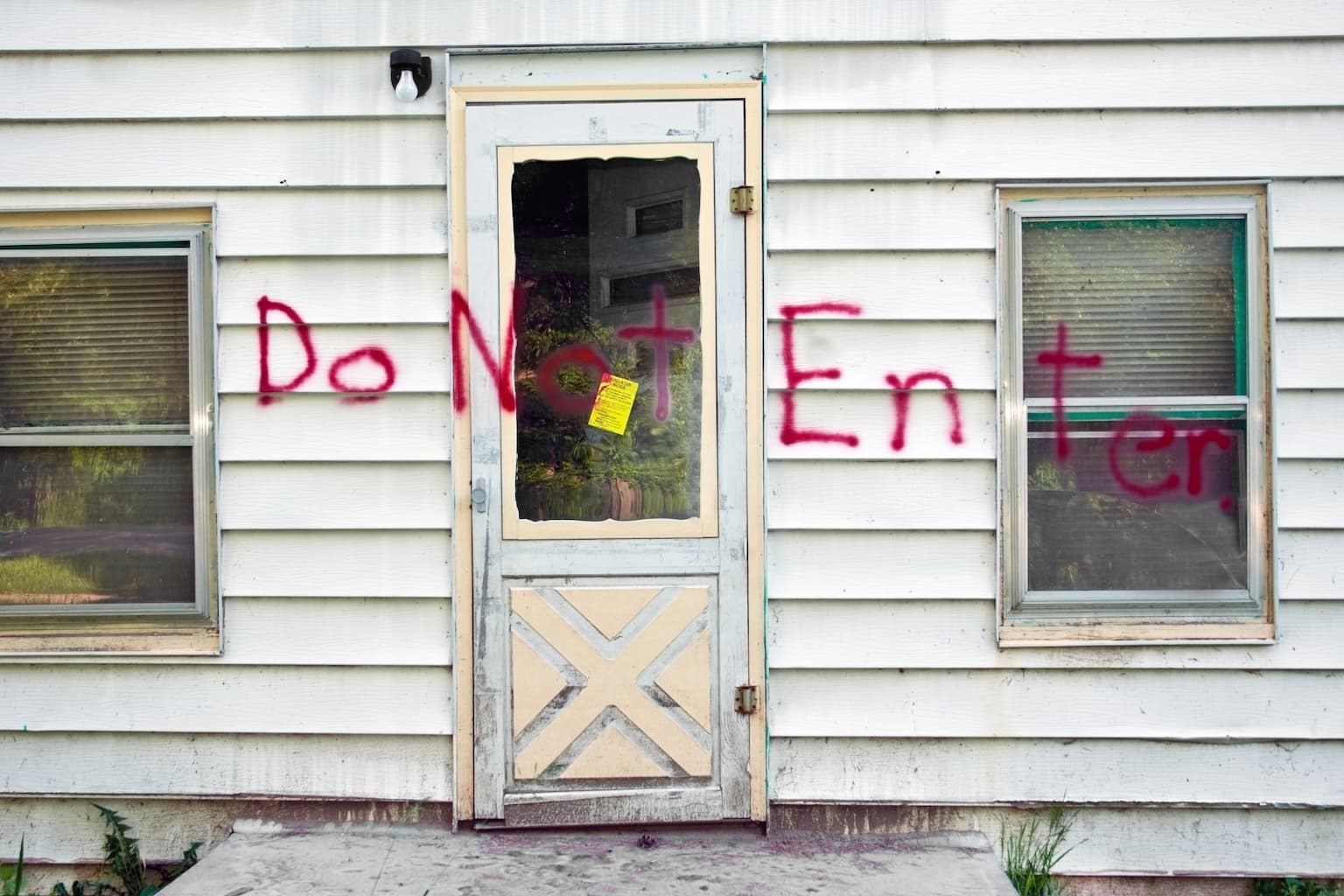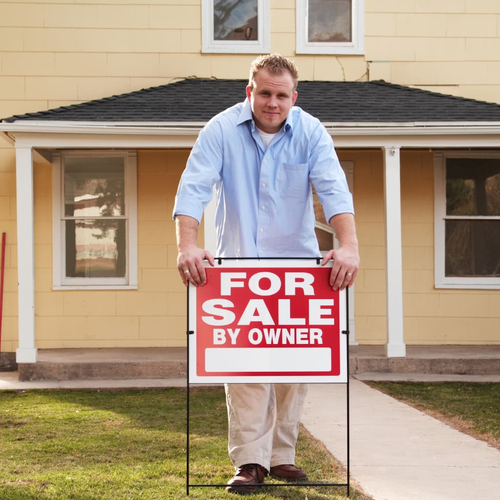What Determines the Worth of a Condemned House in California
The worth of a condemned house in California depends on several key factors. These include the property's condition, location, and any legal issues tied to it. A house with significant damage will usually be worth much less. However, a home in a good neighborhood may still hold value. Whether you’re a homeowner or investor, understanding how much a condemned house is worth in California can help you make better decisions and avoid surprises.
What Does It Mean When a House Is Condemned?
A condemned house is one that local authorities declare unsafe or unfit for occupancy. This can result from structural damage, code violations, or health hazards. In California, the process involves formal inspections and legal notifications that can ultimately lead to government action.
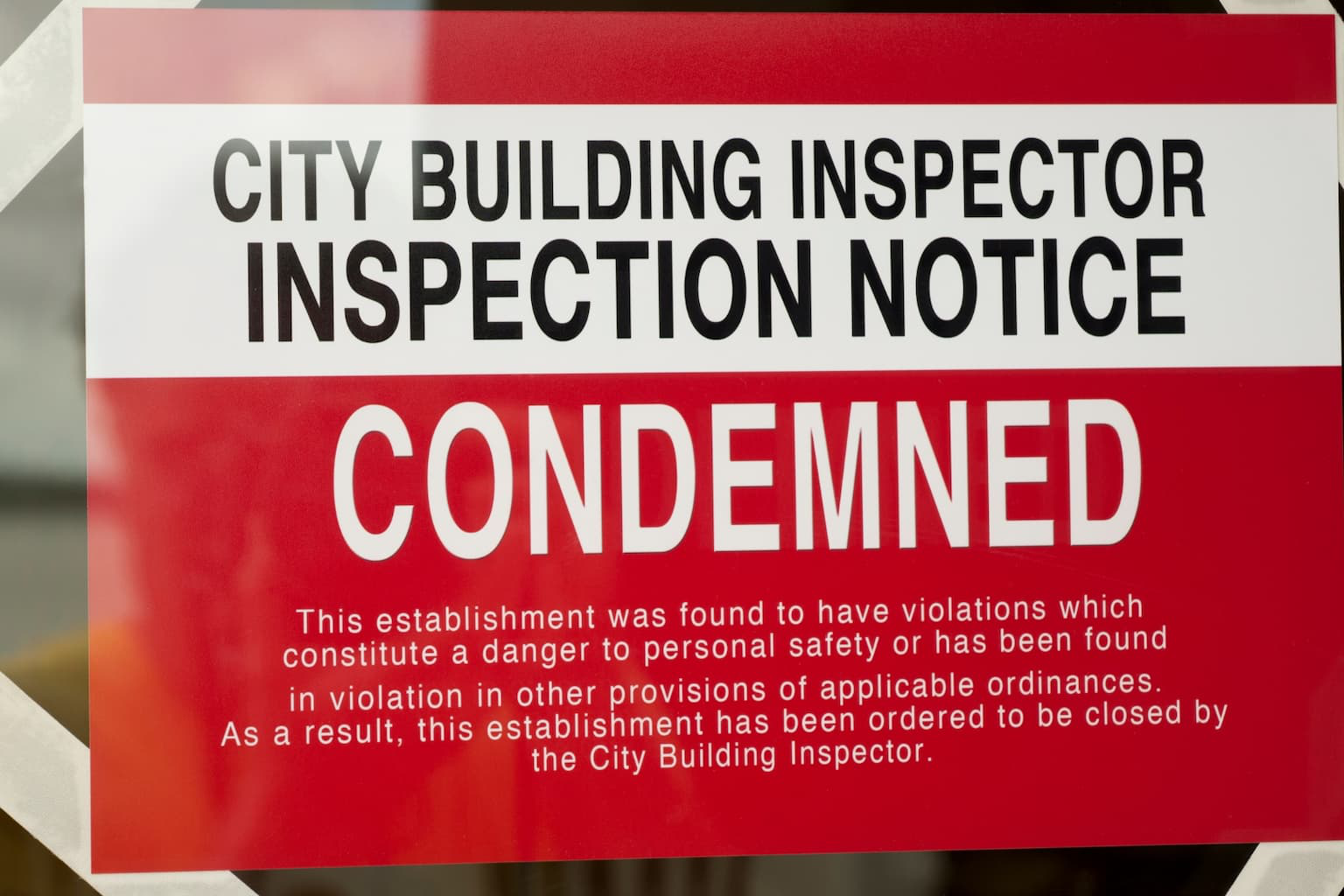
If you're curious about your options, this short video on selling a condemned house provides a quick overview of what to expect and how to proceed.
Factors That Influence the Value of a Condemned House
Property Condition
The more damage a home has, the less it’s worth. Common issues include:
- Foundation cracks
- Roof problems
- Mold or pest infestations
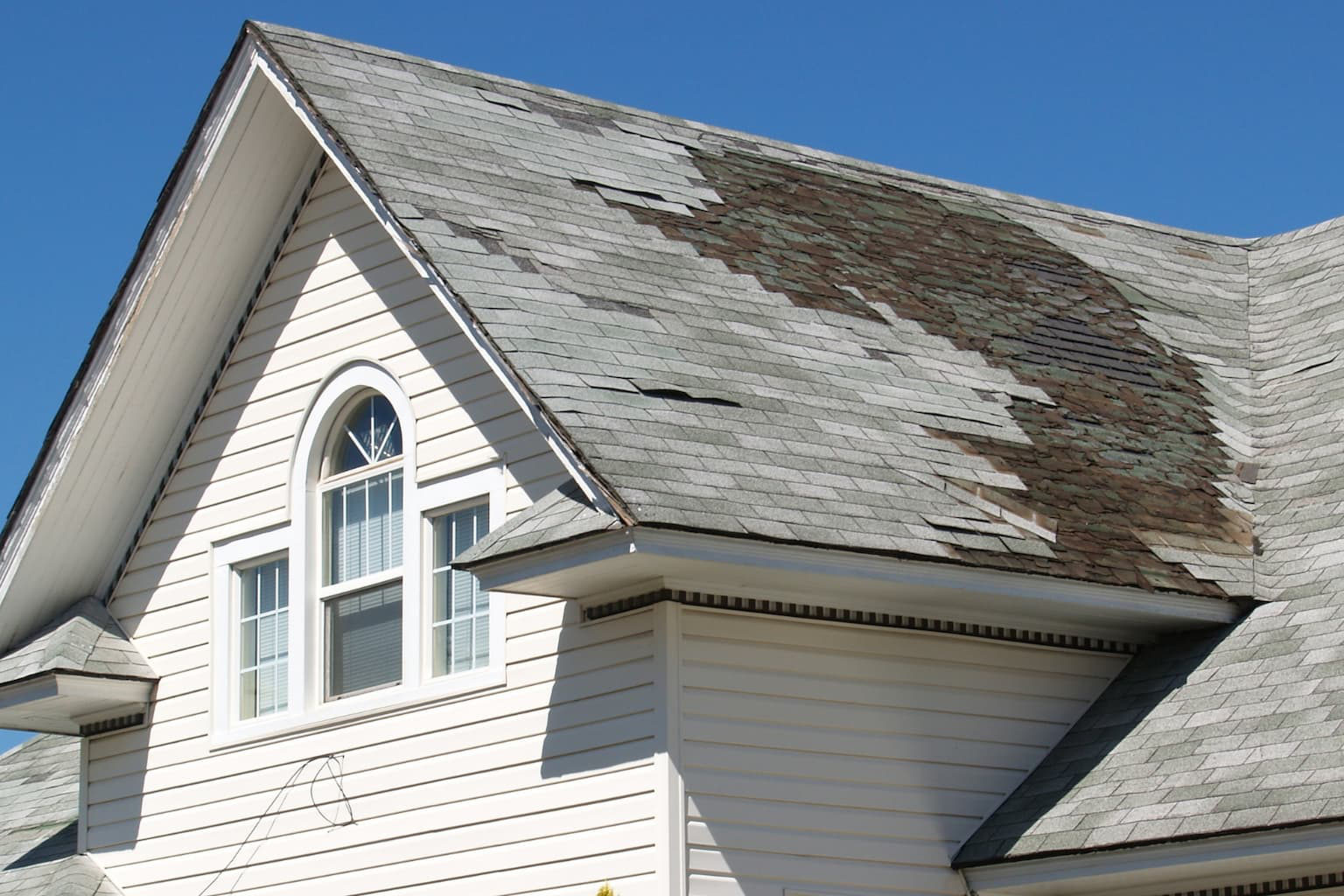
Repair Costs
Major repairs can further reduce the value. Appraisers subtract these costs from the estimated worth.
Comparable Sales
Even if a home is condemned, sales of similar homes in the same area still matter. These comparable sales provide a general indication of the property's potential value.
Location Still Matters
Where the home is located makes a big difference. A condemned house in a revitalized neighborhood may still have value, especially to investors. On the other hand, homes in areas with high crime rates or poor school districts often experience a decline in value.
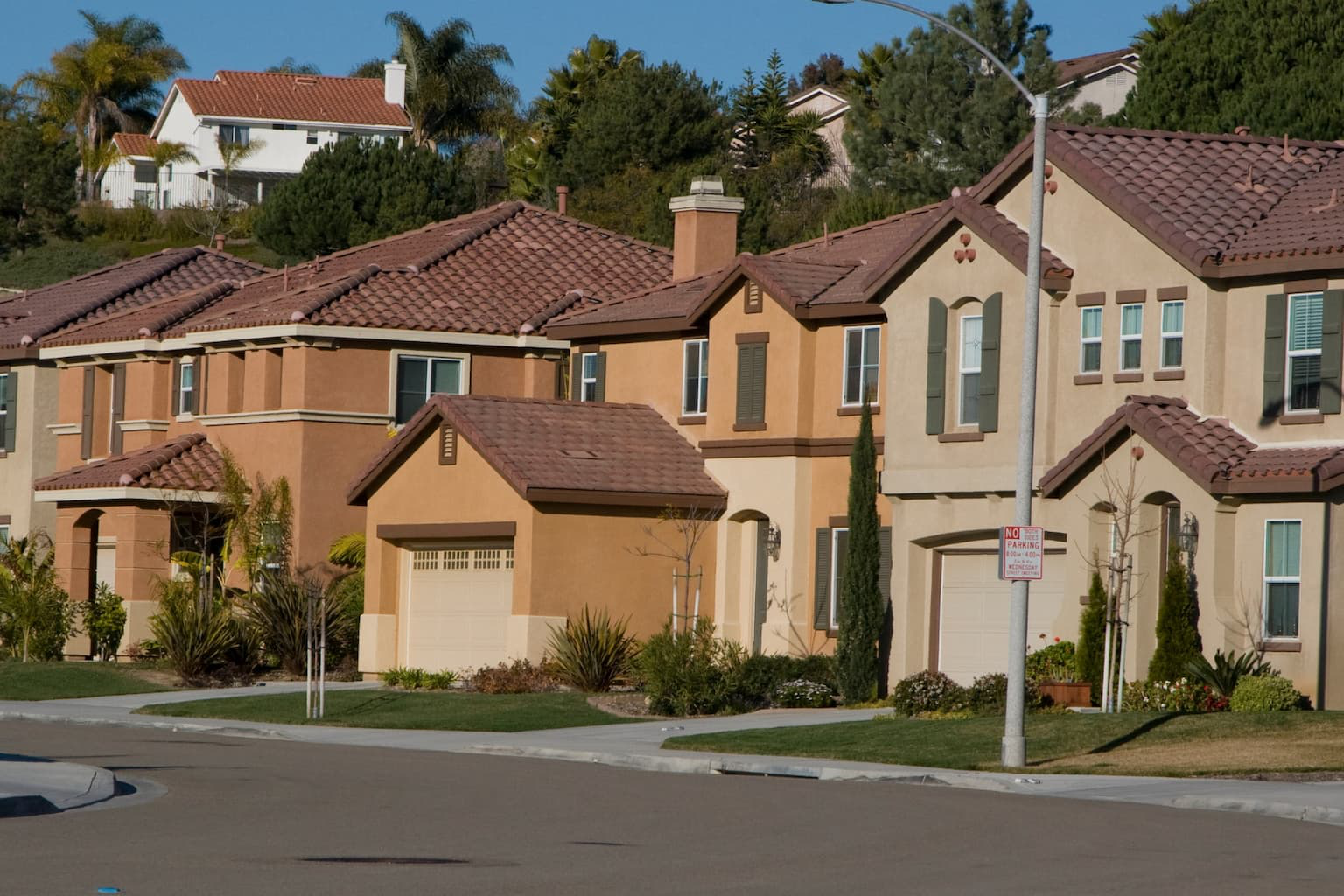
How to Assess a Condemned Property’s Value
Start With a Home Inspection
Get a licensed inspector to check the home for hidden damage. This gives you a clear view of what needs fixing.
According to the California Department of Housing and Community Development, proper inspections are essential before any renovation or sale of a condemned property.
Use Different Valuation Methods
You can estimate the value in different ways:
- Cost Approach – Value based on the cost to rebuild
- Sales Comparison – Based on recent local sales
- Income Approach – Useful for rental properties
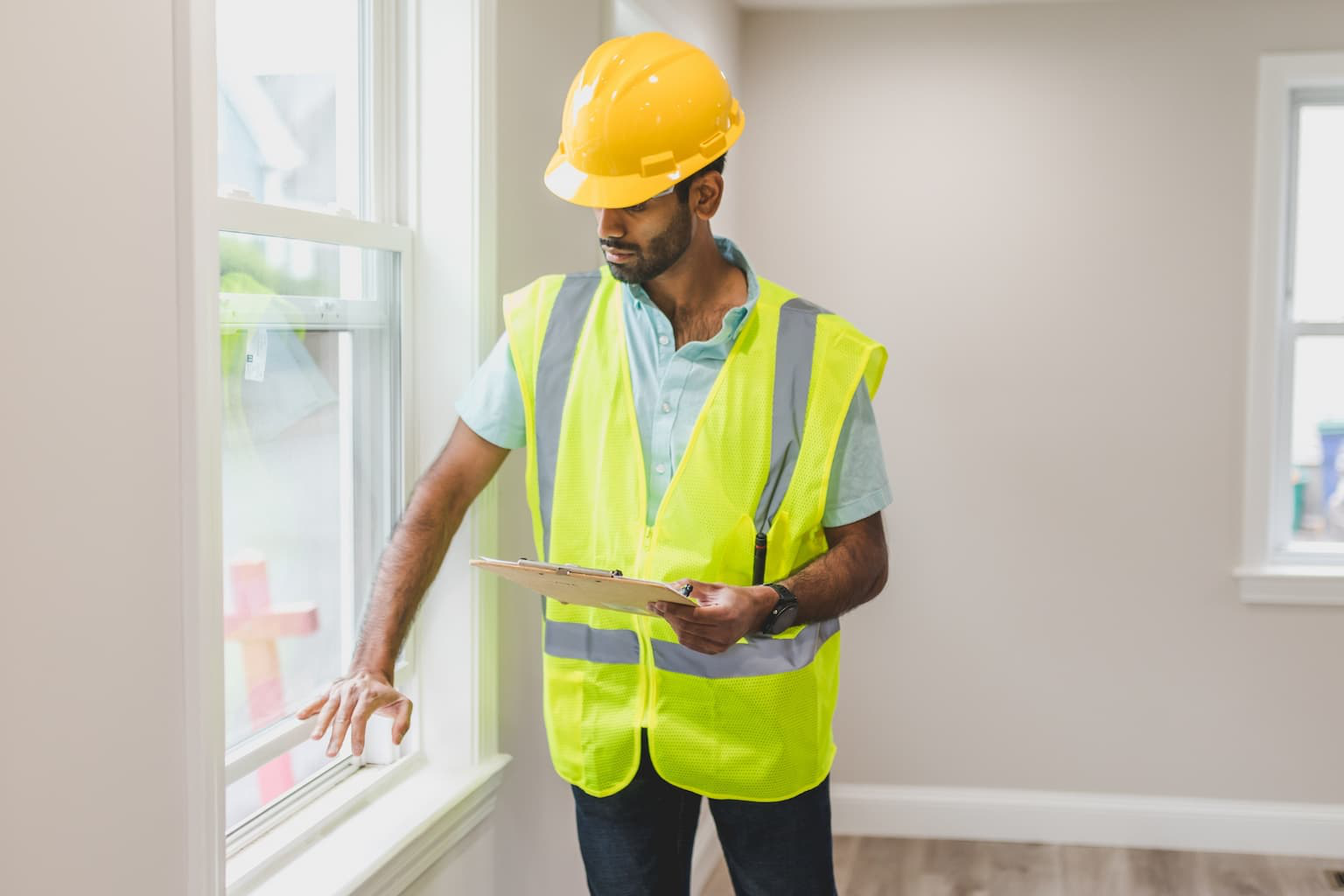
Using more than one method gives a more accurate number.
Legal Risks of Buying Condemned Houses
If you're buying a condemned house, be careful. These properties often come with:
- Past-due taxes
- Code violations
- Hidden liens
Talk to a real estate lawyer before buying. It’s better to be safe than sorry.
For more legal insight, check out our complete guide on selling a condemned property in California.
How Market Trends Affect Value
The housing market changes frequently, and this affects the value of condemned properties as well. For example:
Market Trend | Impact on Value |
Neighborhood upgrades | Value goes up (+15%) |
High demand | More interest (+10%) |
Poor economy | Less interest (–20%) |
Fewer homes available | More competition (+5%) |
 Staying aware of these trends helps you decide if the property is worth the risk.
Staying aware of these trends helps you decide if the property is worth the risk.
Can You Get Financing for a Condemned House?
It’s tough, but possible. Regular banks might not approve loans. Instead, consider:
- Hard money lenders – Quick cash with higher interest
- Private investors – May be more flexible
- Government programs – Some offer grants for fixing up homes
Please read the fine print before signing any loan agreement.
Hot Topic You Might Love: If you're enjoying this, don’t miss our latest post — Can I Sell a Condemned House As-Is? It’s getting attention and might surprise you.
Zoning Laws and Redevelopment Opportunities

Before you rebuild or change a condemned house, check the zoning laws. These laws tell you:
- What type of buildings are allowed
- If you can turn the property into rentals or businesses
- What permits do you need to start construction
Speak with the city’s planning department to stay within the rules.
If you're looking in specific locations, see what we’re doing in Redwood City, CA — we help owners move distressed properties quickly and legally.
Tips for Buying Condemned Houses in California
- Inspect first – Know what you're getting into
- Get legal advice – Understand your risks
- Estimate costs – Budget for repairs and permits
- Know the market – Check prices in the area
- Plan – Have a renovation strategy
With the right plan, even a condemned house can become a good investment.
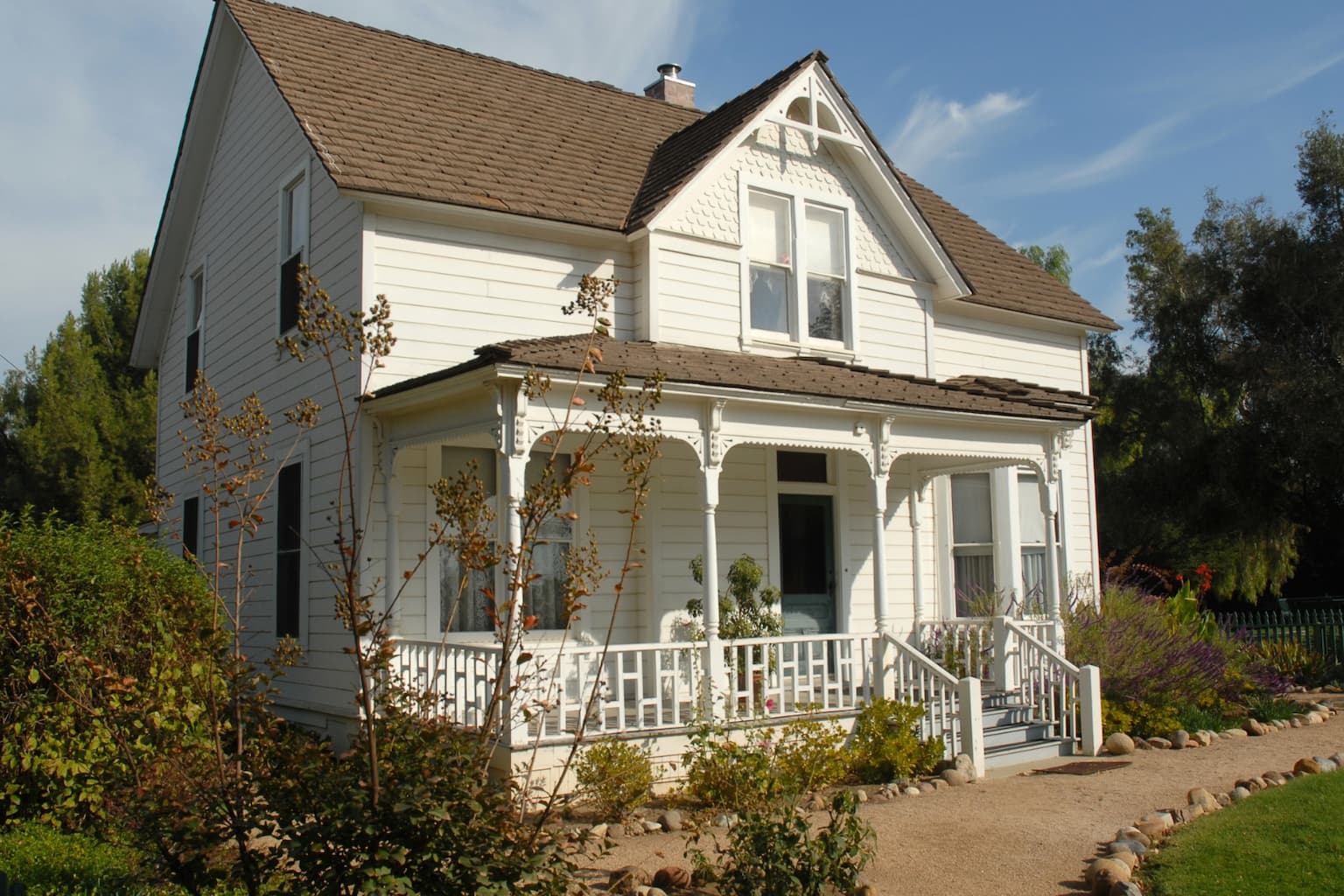
Conclusion
So, how much is a condemned house worth in California? The answer depends on the condition, location, legal issues, and market trends. While these homes come with risks, they can also bring rewards—if you do your homework. Whether you're a homeowner trying to sell or an investor looking to buy, understanding what impacts value is the first step in making informed choices.



